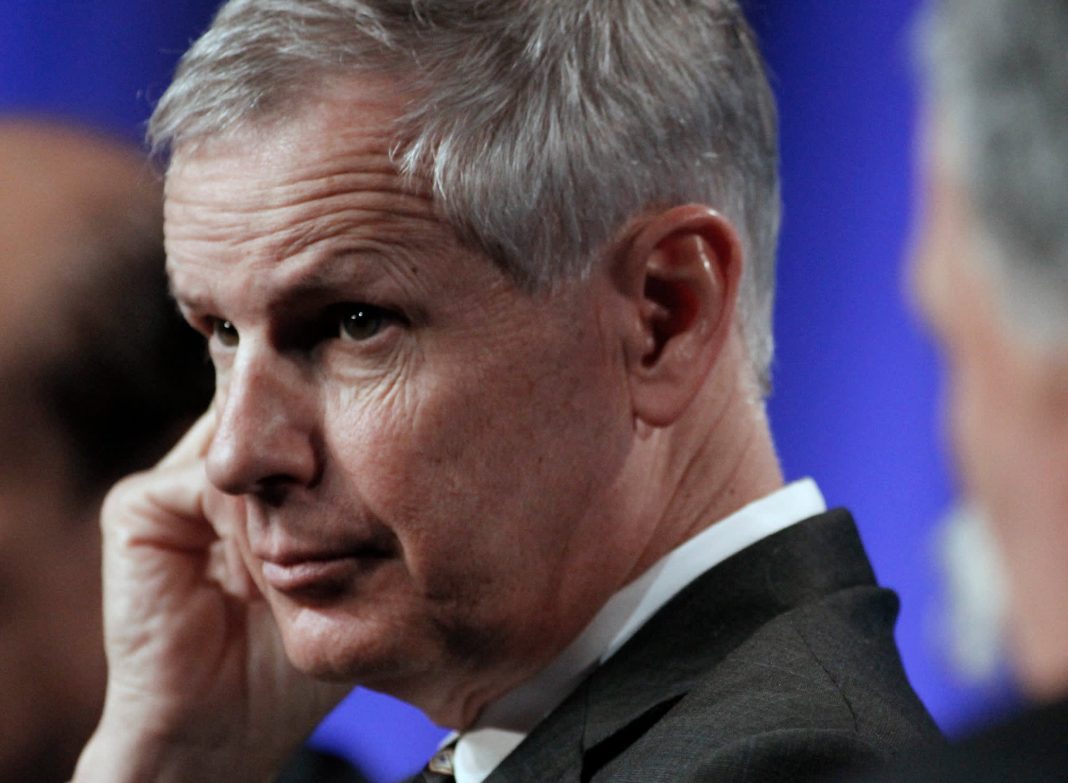In an era where the television industry is undergoing profound transformations, the impending sale of Dish Network—established over 40 years ago by Charlie Ergen—marks a significant turning point. EchoStar, the parent company of Dish Network, is reportedly in advanced negotiations to sell its satellite TV provider to DirecTV, which is currently owned by private-equity firm TPG and telecommunications giant AT&T. While the discussions are progressing, insiders caution that a finalized agreement could still be elusive, highlighting the delicate nature of these negotiations.
The potential merger of Dish Network and DirecTV has been a subject of speculation for years. An attempt to merge the two companies in 2002 was thwarted by regulatory pressures, a reminder of the complex landscape that media companies navigate. This latest round of talks is driven by EchoStar’s urgent need to address its financial vulnerabilities, particularly a looming $1.98 billion debt that matures in November. Public filings reveal that EchoStar, as of mid-2023, only had $521 million in cash and cash equivalents, forecasting negative cash flows for the remainder of the year. As Craig Moffett, a respected analyst from MoffettNathanson, pointed out, “The bottom line is that we now see bankruptcy in the next four to six months as the most likely outcome for EchoStar.”
The proposed transaction is structured as an all-cash deal, likely exceeding $9 billion, encompassing not just Dish’s satellite business but also its digital platform, Sling TV, and associated liabilities. However, the road to completion is fraught with complications, particularly given the company’s precarious financial situation and the necessity to negotiate with creditors. EchoStar’s enterprise value stands at around $31 billion, but its market capitalization has dwindled to approximately $7.6 billion, raising questions about its future viability.
The broader context of this potential merger cannot be overlooked. The decline of traditional satellite TV has been stark, with consumers increasingly gravitating toward subscription streaming services like Netflix, Disney+, and Amazon Prime Video. Dish Network ended its last quarter with merely 6.1 million satellite subscribers, alongside 2 million users of Sling TV—a significant drop from its heyday. DirecTV has experienced a similar fate, shedding millions of subscribers since its 2015 acquisition by AT&T for $67 billion. After AT&T spun off DirecTV in 2021, the company’s subscriber base plummeted from about 15.4 million to approximately 11 million today.
To adapt to changing consumer behaviors, DirecTV has been focusing on enhancing its streaming services, recently launching campaigns aimed at dispelling the notion that its offerings are exclusively satellite-based. MoffettNathanson estimates that DirecTV added over 20,000 streaming customers earlier this year, although the majority of its user base continues to rely on traditional satellite dishes.
The competitive landscape has also seen its share of turbulence. For instance, DirecTV recently found itself embroiled in a distribution dispute with Disney, which resulted in a blackout of popular networks like ESPN for nearly two weeks. Fortunately for its customers, the two parties reached an agreement that allows DirecTV to provide more flexible, genre-specific programming bundles.
As negotiations between EchoStar and DirecTV progress, the outcome remains uncertain. However, the potential merger is emblematic of the ongoing struggles within the pay-TV sector, where legacy business models are increasingly challenged by the rapid rise of streaming alternatives. For industry stakeholders and consumers alike, this situation underscores a pivotal moment in the evolution of television consumption, where adaptability and innovation will be crucial for survival. The stakes are high, and the future of both companies may depend on the successful navigation of these negotiations and the broader shifts within the entertainment landscape.

